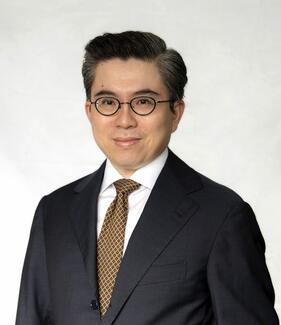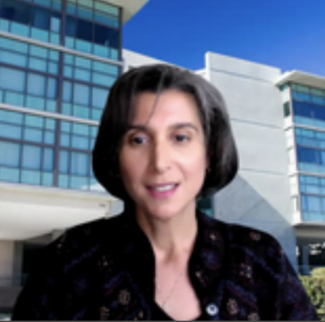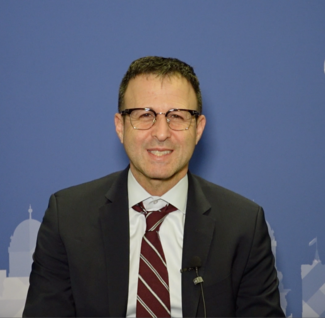Dual Immune Checkpoint Blockade for Advanced Hepatocellular Carcinoma
Olatunji Alese, MD, Winship Cancer Center at Emory University, Atlanta, Georgia, discusses the use of dual immune checkpoint blockade, for frontline therapy and sequencing, for patients with advanced hepatocellular carcinoma.
Dr Alese discussed this issue at the Great Debates in Solid Tumors meeting in Miami, Florida, and James Harding, MD, Memorial Sloan Kettering, New York City, New York, explored the other side of the debate: the use of VEGF inhibition for this patient population.
Transcript:
Hi, I'm Dr Olatunji Alese. I'm an associate professor and Director for GI Oncology at the Winship Cancer Institute of Emory University. I'm here the Great Debates in Solid Tumors in Miami, September 2025. I have the pleasure of making the argument for dual immune checkpoint blockade as the optimal frontline treatment in advanced hepatocellular carcinoma. The reason why we are having this debate is really because a lot has changed in the treatment landscape for hepatocellular carcinomas. Right from when sorafenib was approved by the FDA back in November, 2007, and now we have so many options in the frontline setting.
Dr Harding made a point about VEGF plus immuno-oncology (IO) as the optimal frontline, but I beg to differ. If you look at a lot of the data, not just from the Checkmate-90W looking at the role of ipilimumab and nivolumab, but also when you consider the HIMALAYA trial that looked at durvalumab with tremelimumab, using the STRIDE regimen, we've seen a gradual improvement in the overall survival, which is really what patients care about. Now, dual immune checkpoint is not for everyone. I'm not making the point that when you see a patient with unresectable metastatic hepatocellular carcinoma in the clinic that should be your only choice. This is the era of precision oncology where we are individualizing treatment. But if you look at a lot of the supporting evidence from my debate, there's no doubt that if a patient is relatively young, excellent performance status, good liver function without absolute contraindications to VEGF inhibitor, should absolutely be offered dual immune checkpoint inhibitors.
My approach is to talk to the patients, understand their quality of life preferences and what they really prize most. Like I said, if you're really looking for durable response, the only treatment strategy that's demonstrated this is dual immune blockade, and that's really my go-to when I'm talking to patients in the clinic. Of course, atezolizumab with bevacizumab will continue to have a role, but the mere fact or the assertion that everybody should be considered first for atezolizumab-bevacizumab is simply not true.
I think if we understand what the patient prizes most, we absolutely should be thinking about dual IO blockade, keeping in fact some of the toxicities, which are unique to that class of medications. But if you can really help the patient navigate some of these side effects, then absolutely something to always think about.
















